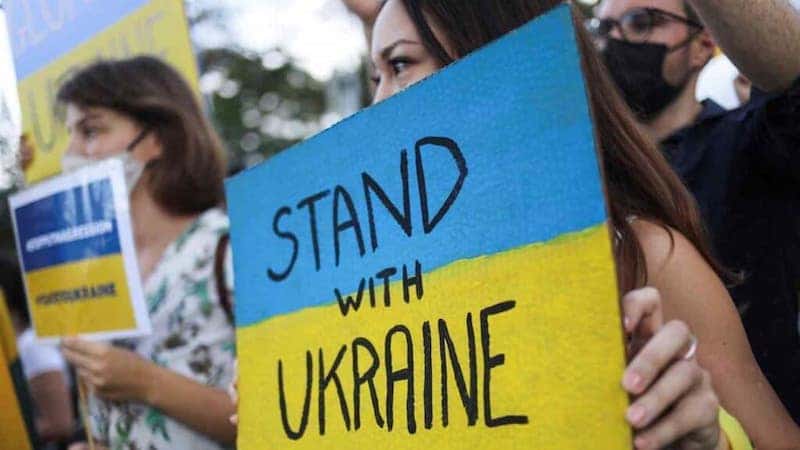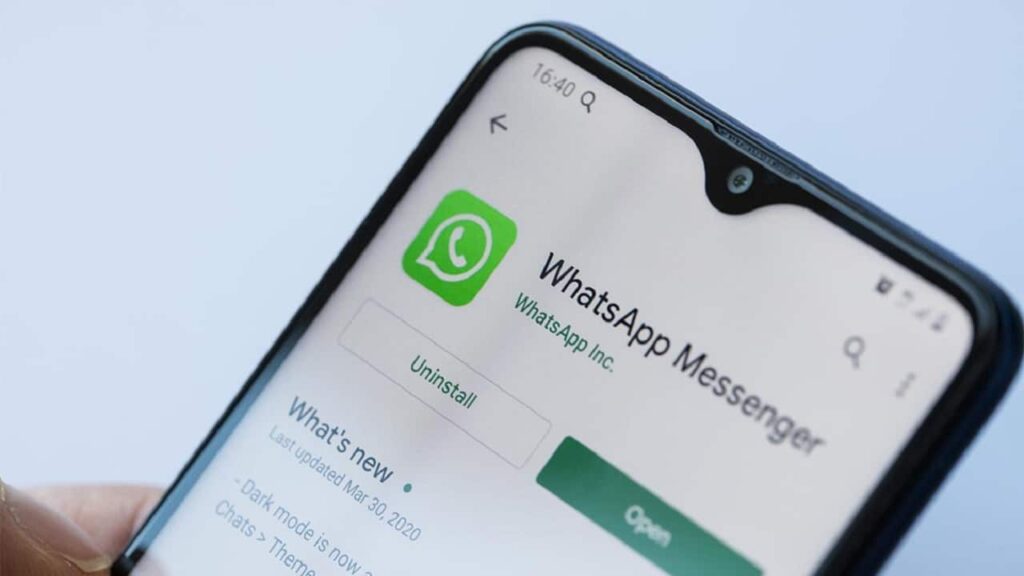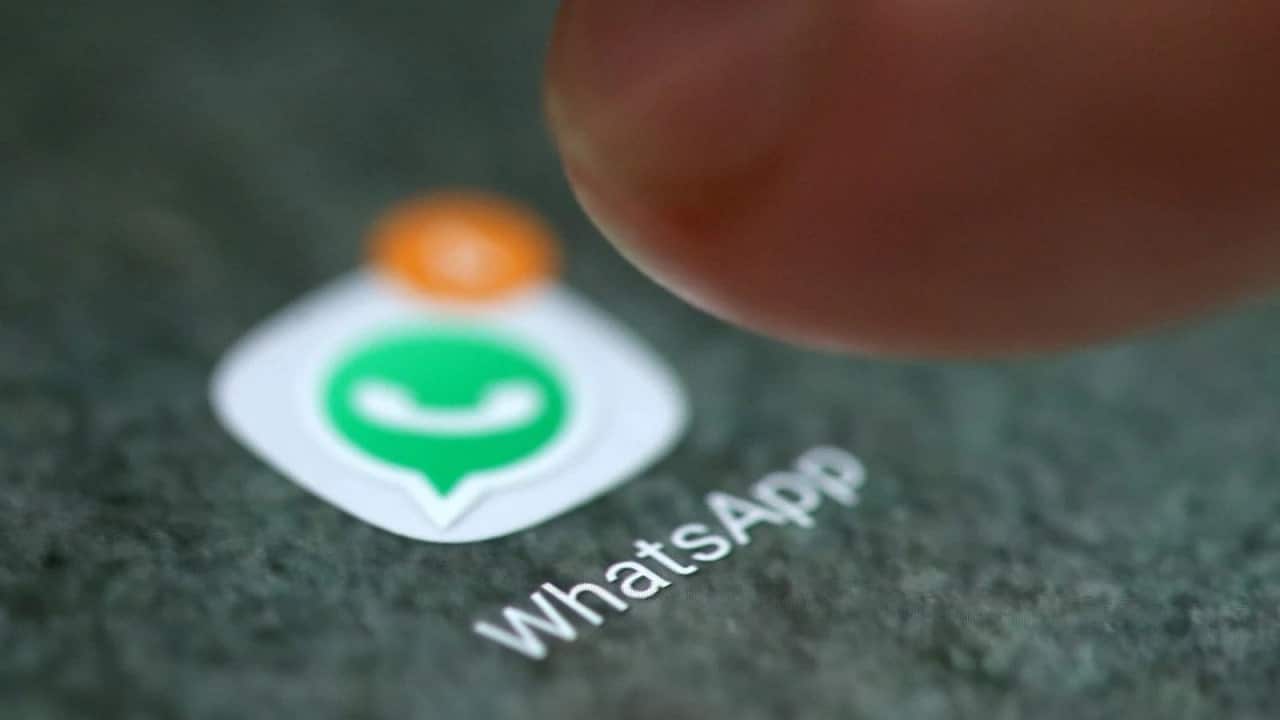A Moscow court sentenced Facebook e Instagramlabeling them as “extremist associations“, A denomination once reserved for ISIS and other armed groups. Russia then bans Meta’s social media, ma not WhatsApp: because?
Russia blocks Meta’s social networks but does not touch WhatsApp, why?
The district court of Tverskoy accused Meta’s social media of ignoring Kremlin requests to remove “fake news” about the conflict in Ukraine. Which Facebook and WhatsApp aren’t removing, for the simple fact that this is not fake news: it is the field reports of journalists documenting the conflict. Moscow wants Facebook and Instagram to bow to censorship, social media disagree.
However, the court explained to Reuters that “the decision does not apply to the activities of the Meta WhatsApp messaging app, due to the lack of functionality that allows information to be disseminated”. Many commentators point out the contradiction: how is it possible that some contents of the “extremist Meta” are acceptable and others not?

From social media to extremist association
Facebook and Instagram had already suffered from government blockades by Russia. But the legal stance comes after Facebook in particular has taken positions that the court says they feed hatred of the Russians. The company announced that “In light of the invasion of Ukraine, we have made temporary exceptions for those affected by the war, so that they can express feelings towards the invasion forces as ‘death to the Russian invaders'”.
The company later specified that it does not allow “inviting the assassination of heads of state” and that the new rule “it should not be interpreted with support for violence against Russians in general“. So, although it seems evident that the Russian court has exaggerated Meta’s role of her to call her extremist e help the Kremlin censorship, the pseudo-legal reasoning they used to condemn it is clear. If they allow hatred of Kremlin troops, they are inviting hatred of the population, according to the judges.
However, the Russian authorities have made it known that “the use of Meta products by individuals and legal entities will not qualify as participation in extremist activities”. However, paying for social media advertisements (which Meta no longer accepts from Russia) will be considered as a financing of extremism.
The ban of Meta in Russia and the exception of WhatsApp
If the accusation that Meta supports anti-Russian hatred has allowed the court to officially ban social media from the country, not so for WhatsApp. Which in January 2022 recorded 84 million users in Russia. The fact that information about the conflict and invectives against the Kremlin soldiers cannot be shared seems a bogus distinction. WhatsApp groups have proven themselves in the pandemic two years one powerful disinformation tool: if Russia really fears fake news, it should ban the messaging app as well.

Many commentators, on the other hand, think that the Kremlin fears that the population can no longer hold up a further limit to their daily life. Facebook and Instagram have less impact in Russia: the most used social is VK (which Anonymous has recently hacked). Hitting WhatsApp could increase public discontent too much. And may lead to new protests.
Several communication experts explain that WhatsApp in Russia is seen as the default app for communicating with relatives and friends. not as a political tool. A total blockade would be seen as an intrusion into people’s daily lives, not a way to target an ‘extremist’ entity.
Also remains the factor popularity. The two American apps still operating in Russia are the two most downloaded: WhatsApp e YouTube. Who have not respected any of the impositions that came from Moscow, but are too popular to fall. Also, unlike social media, neither application has a Russian substitute even remotely comparable in terms of functionality and content. And when the alternative exists (for WhatsApp, Telegram), is equally hostile to the Kremlin.
So for the moment Russia is not ready to abandon WhatsApp, even after having blocked the ‘sisters’ Facebook and Instagram without much hesitation. The risk of it being the straw that breaks the camel’s back of popular discontent is too high.















Leave a Reply
View Comments